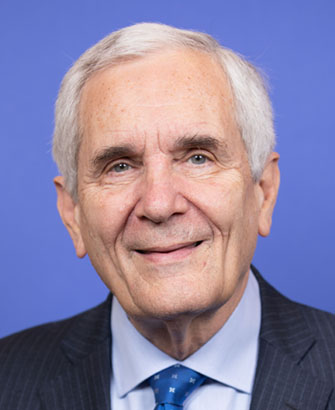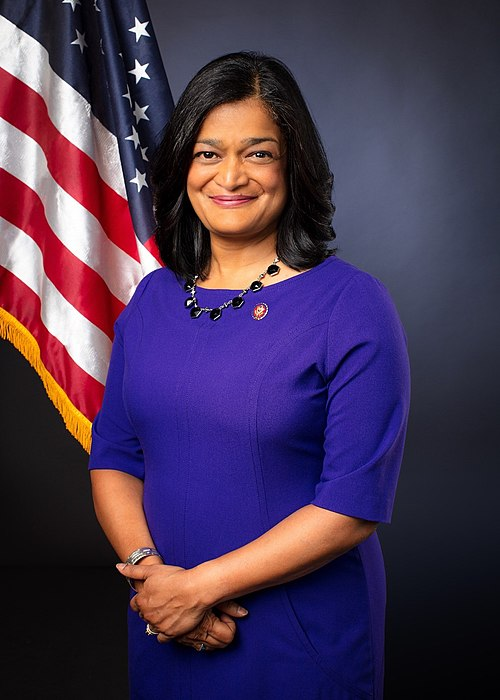H.R. 6183: To amend the Internal Revenue Code of 1986 to reform certain rules related to health savings accounts.
This bill aims to amend certain rules related to health savings accounts (HSAs) in the U.S. It introduces several key changes that affect how HSAs function, particularly regarding contributions, withdrawals, and account management. Below is a summary of the main provisions outlined in the bill:
1. Repeal of Penalty-Free Distribution Exception
The bill proposes to eliminate an existing exception to the requirement that penalty-free distributions from HSAs must be used for qualified medical expenses. This change will affect how account owners can utilize funds without facing penalties.
2. Income Limitations on Deductible Contributions
New income limitations will be introduced for deductible contributions to HSAs. Specifically:
- For taxpayers with a modified adjusted gross income above certain thresholds, the allowed deduction will be reduced. The thresholds are set at:
- $300,000 for joint filers
- $250,000 for heads of household
- $150,000 for married individuals filing separately
- $200,000 for all other cases
This aims to restrict higher-income individuals from receiving the full benefit of tax-deductible contributions to HSAs.
3. Limits on Medical Expense Reimbursements
Distributions from HSAs meant to reimburse medical expenses will be restricted to reimbursements for expenses incurred within a two-year period. This means that any qualified medical expense must be reimbursed no later than two years after it was paid.
4. Substantiation Requirements
The bill mandates that HSAs must keep detailed records to substantiate that distributions are strictly for qualified medical expenses. A provider's assessment must be established in a bona fide provider-patient relationship, and the assessments must be documented properly.
5. Exclusions from Medical Expenses
Specific expenses will no longer be treated as medical care for the purposes of HSAs. These exclusions include:
- Spa and beauty treatments
- Any expenses for exercise equipment exceeding $500 in a taxable year
6. Taxes on Excessive Fees
The bill introduces an excise tax on trustees of HSAs that impose excessive fees. The tax is based on the difference between the excessive fee charged and a reasonable fee determined by the Secretary of the Treasury.
Additionally, HSAs must report specific information about fees charged to account holders, including the number and types of fees imposed.
7. Reporting of Earnings
Trustees of HSAs will be required to report the average yield on cash balances in the account and compare it to national averages, providing transparency for account holders regarding their savings account performance.
Effective Dates
The changes proposed in this bill are set to take effect for taxable years beginning after December 31, 2025, with certain provisions applying to payments made after the same date.
Relevant Companies
- HSAC - Health savings account service providers may face changes in how they manage accounts and fees, impacting their operations and revenue structures.
- VNTV - Companies that offer health savings accounts could experience shifts in customer demand due to changes in eligibility and benefits.
This is an AI-generated summary of the bill text. There may be mistakes.
Sponsors
2 bill sponsors
Actions
2 actions
| Date | Action |
|---|---|
| Nov. 20, 2025 | Introduced in House |
| Nov. 20, 2025 | Referred to the House Committee on Ways and Means. |
Corporate Lobbying
0 companies lobbying
None found.
* Note that there can be significant delays in lobbying disclosures, and our data may be incomplete.
Potentially Relevant Congressional Stock Trades
No relevant congressional stock trades found.

